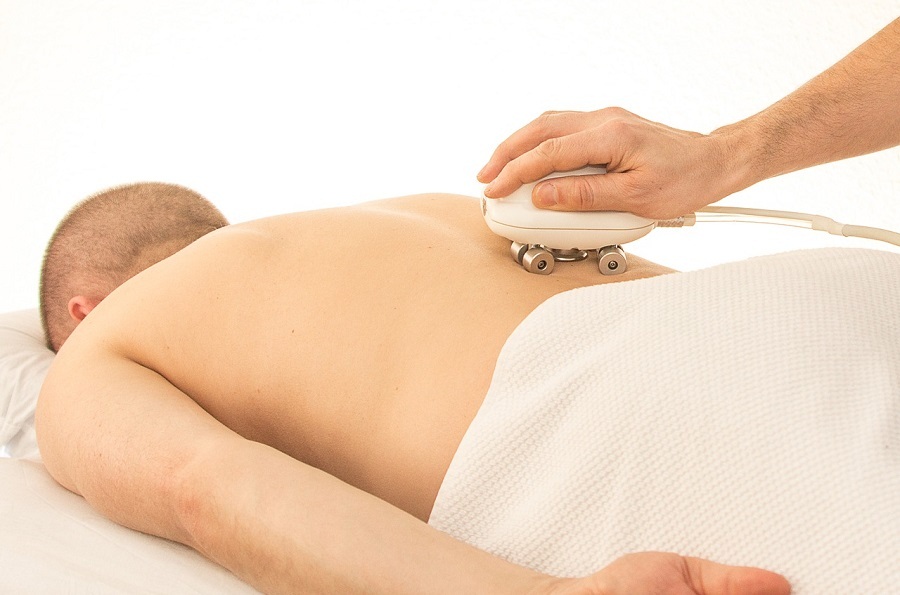Traffic accidents are not avoidable sometimes and may result in different unwanted consequences like physical injuries or vehicle damage. However, it can also lead to emotional distress. Naturally, although the hope of all people involved in an accident is no physical injuries occurred, they usually overlook the issue of emotional anguish.
What Exactly is Emotional Distress?
A person can suffer emotional distress as a response to any type of accident, even minor ones. It can have a subtle or serious effect on the life of the sufferer and is more difficult to identify than physical injuries. In more serious roadway accidents, emotional distress can be quite common and can be a basis for pursuing legal claims.
Symptoms of Emotional Distress
Sometimes, it can be difficult to identify emotional distress. It can manifest in many forms and have different impacts on the life of the sufferer. Those who suffer from emotional distress can experience symptoms such as fatigue, anxiety, lack of concentration, social withdrawal, loss of appetite and sleep, as well as anguish, and fear. In serious cases, emotional distress that results from a car accident can result in depression, mental trauma, panic attacks, and PTSD. If you are experiencing this condition and any of the symptoms mentioned, you may want to talk to a Cedar Rapids injury lawyer to know if you have a personal injury case.
What to Consider When Considering Filing a Lawsuit
If you want to pursue an emotional distress lawsuit after being involved in an accident, your lawyer will think about the seriousness of the accident. The possibility of winning your case can depend on it, including the interactions that followed. Also, the lawyer will consider the intensity of your symptoms. Although you can shake up after an accident, it is not enough to constitute emotional distress. Your suffering can only hold value in court if your symptoms are serious enough to disrupt your normal way of life after the accident. Other factors to be considered include damages, time and duration, proper medical treatment, as well as proof or testimonials.








